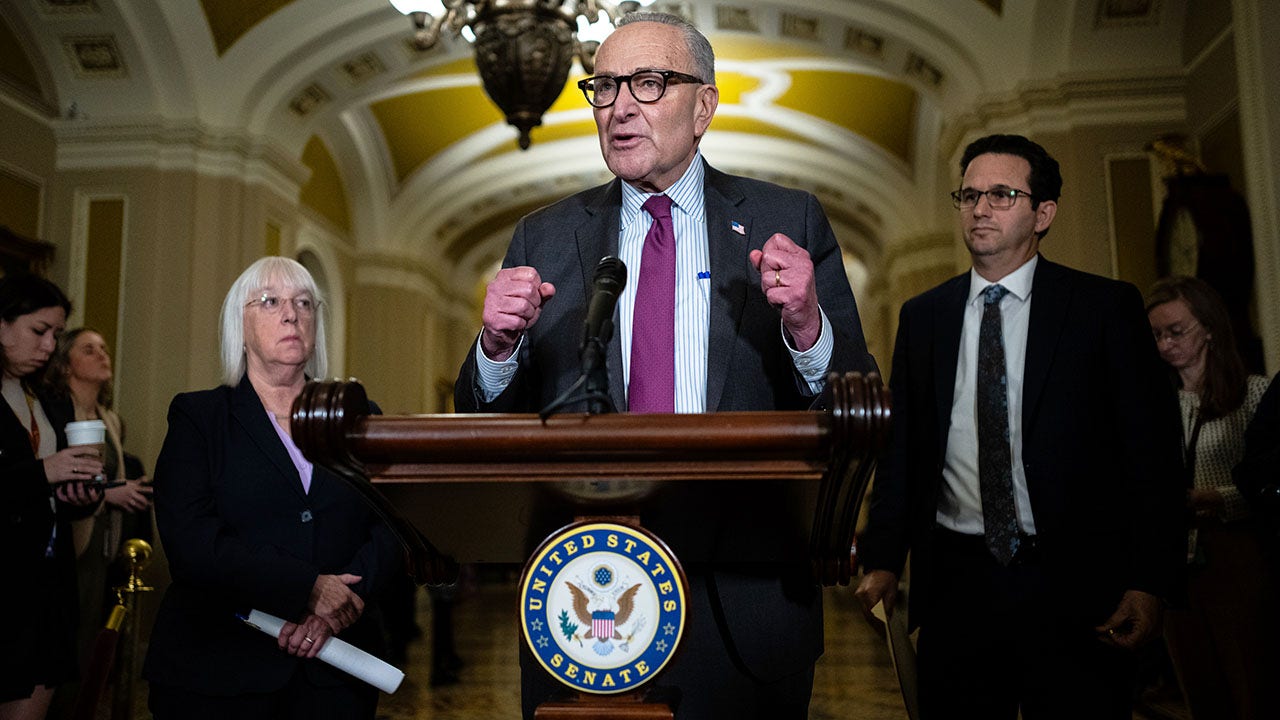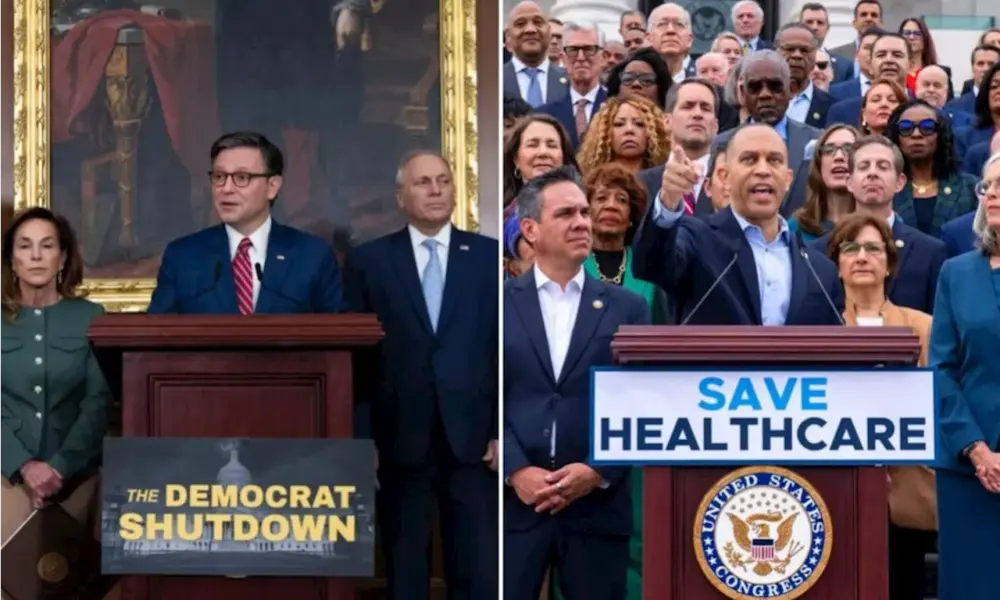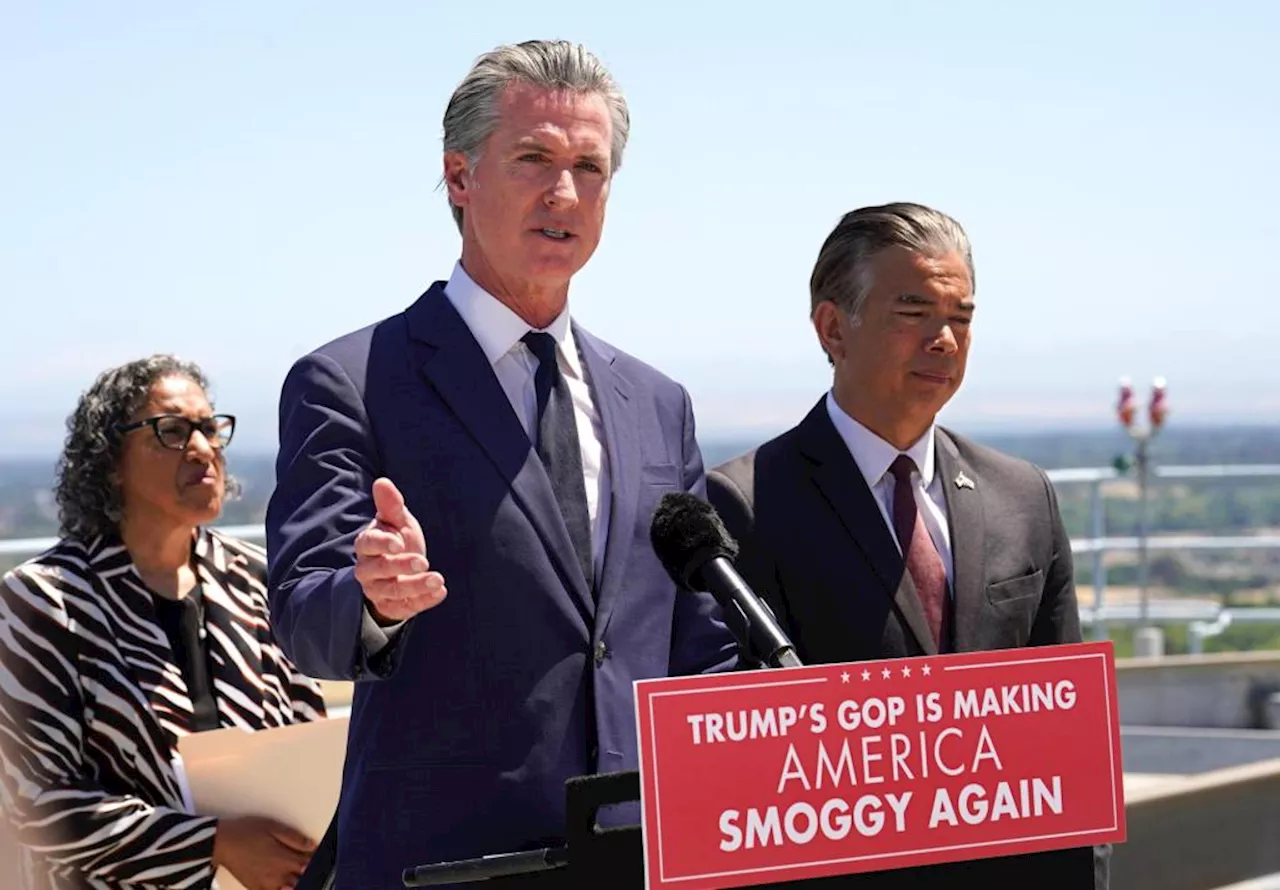Senate Democrats on Tuesday halted the Republican effort to end the ongoing government shutdown, now in its 28th day, blocking the latest proposal aimed at reopening federal operations. The impasse continues as pressure mounts from various sectors affected by the shutdown, with critical deadlines fast approaching.
Senate Majority Leader John Thune of South Dakota spearheaded the attempt to advance a continuing resolution (CR) passed by the House of Representatives. However, Senate Minority Leader Chuck Schumer of New York and the Democratic caucus once again thwarted the motion. The failure to pass the resolution comes at a crucial time as essential services are being impacted, including air traffic control, which missed its first paycheck on Tuesday. The military is set to miss its first full payday on Friday, with federal nutrition benefits at risk of disruption on Saturday.
In response to the ongoing crisis, Republicans are contemplating a series of individual bills to address the pay for military personnel, certain federal workers, and air traffic controllers, along with funding for the Supplemental Nutrition Assistance Program (SNAP), commonly known as food stamps. Whether these proposals will be brought to a vote remains uncertain. Thune indicated skepticism regarding the likelihood of these piecemeal solutions being considered, stating, “There’s not a high level of interest in doing carve-outs or so-called rifle shots. Most people recognize the way to get out of this mess is to open up the government.”
Despite this, lawmakers like Sen. Ted Cruz of Texas expressed optimism that his proposal to fund air traffic controllers might receive a vote. Cruz noted, “I certainly hope so,” highlighting the urgency of addressing the financial needs of those impacted by the shutdown.
Sen. Ron Johnson of Wisconsin is also advocating for legislation to support federal workers and military personnel. His previous bill was blocked last week, but he remains hopeful for a revised version to gain traction. Johnson mentioned collaboration with Sen. Chris Van Hollen of Maryland on a compromise, although he expressed doubt about its chances. “I want to make this permanent. Let’s stop punishing federal employees because of our dysfunction,” Johnson said, emphasizing the need for a long-term solution.
As discussions continue, Schumer criticized Republicans for failing to negotiate effectively, attributing part of the stalemate to President Donald Trump being abroad. He called Thune’s repeated submissions of the same bill ineffective and reiterated that Democrats are seeking a solid commitment to extend expiring Obamacare subsidies. “It’s a partisan bill and does nothing, most importantly, does nothing to solve the [Obamacare] crisis,” Schumer stated, adding that the overwhelming majority of Americans, including nearly 60% of MAGA voters, are in favor of lowering healthcare costs.
The ongoing shutdown presents significant challenges not only for federal employees but also for millions of Americans relying on government services. As the situation evolves, lawmakers face increasing pressure to find common ground and restore normalcy before more critical deadlines are reached.







